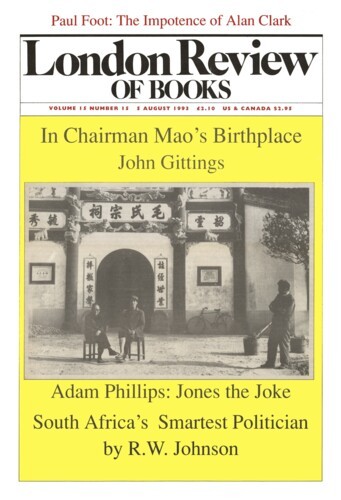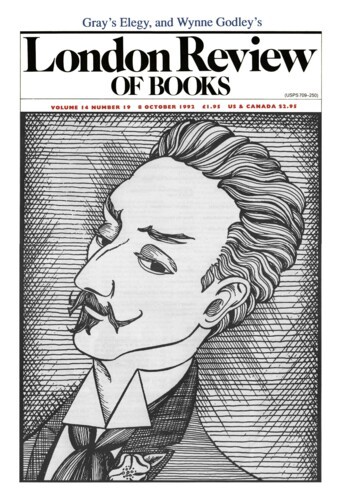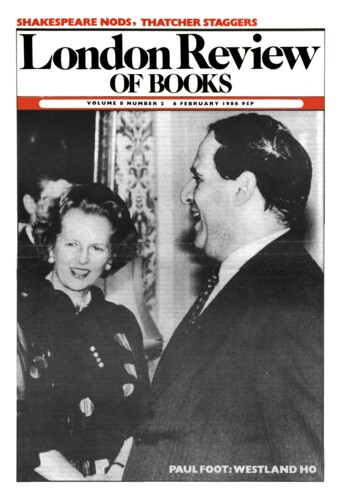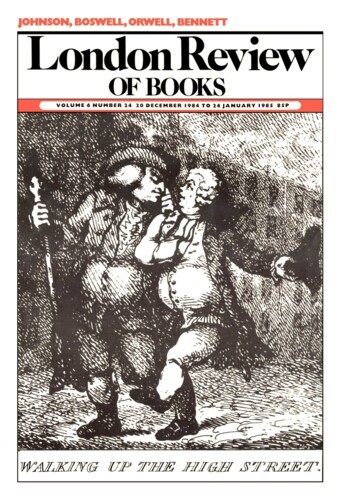Paradises
David Allen, 5 August 1993
In its salad days, late last century, the first wave of social anthropologists, headed by Tylor and Frazer, sat firmly in armchairs, speculated grandly and wildly on the strength of second-hand reports from missionaries and travellers, and wrote for a lay readership in works of captivating prose. Then came Radcliffe-Brown and Malinowski, total immersion in single exotic cultures and increasingly unreadable monographs addressed to fellow-professionals. And then, in or around the Sixties, well and truly purged of that earlier baseless generalising, the discipline suddenly sprang out of the jungle and began to speak to the outside world once more, armed with a wealth of insights into human behaviour grounded in first-hand observations made all around the globe. Out, in, out: a magnified version of the subject’s own rhythmic alternation between reading-up, fieldwork and writing-up. Perhaps there is a further phase yet to follow, when the professionals will return to the wilds en masse and again prefer to discuss their findings only among themselves. For the time being, we must be grateful that they are content to share them with the rest of us.





